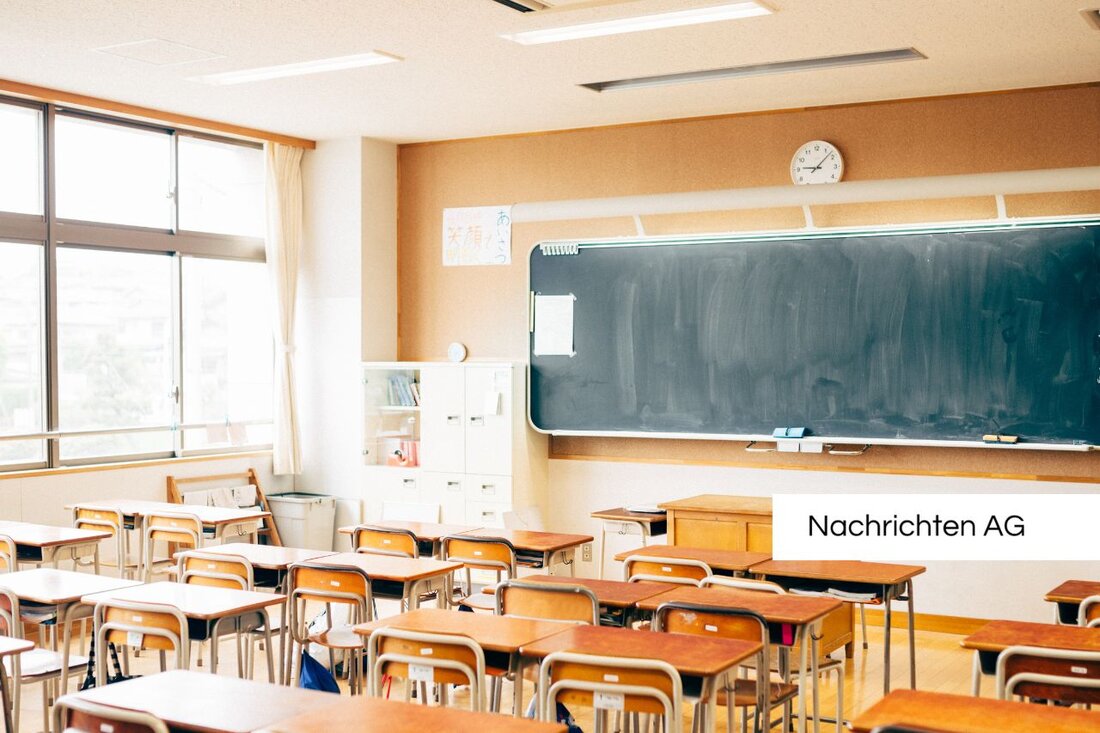Austria's reading skills in a descent: Discovered dramatic changes!
Austria's reading skills in a descent: Discovered dramatic changes!
Vienna, Österreich - On May 27, 2025, Statistics Austria published the national results report of the OECD survey Piaac (Programs for the International Assessment of Adult Competencies). The study highlights the reading skills of adults in Austria and shows worrying developments. The decline in reading skills is inconsistent and varies depending on the age, educational qualification and professional group.
The Piaac study, carried out between 2022 and 2023, comprises around 160,000 participants from 31 countries and openly lies that the proportion of 16 to 65-year-olds has increased from 15% to 29% with reading problems. While reading skills remained stable for higher -formed people and those in highly qualified professions, it decreased in people with medium and low qualifications. Significant deterioration was found, particularly in the age groups, 35- to 65-year-olds.
decreasing reading skills and social effects
Furthermore, the study shows that reading skills have significantly decreased at low educational qualifications, such as maximum compulsory school or teaching. In contrast, managers and academic professions remained stable. Part -time employees have a higher level of reading than full -time employees, which could be due to the higher academic quota in part -time jobs.
Another worrying number of retirement and household -leading people also shows a significant deterioration in reading skills. In comparison, pupils and students maintained stable reading skills. A general decline in reading activity in Austria, both in leisure time and in everyday professional life, is determined.
comparison to Germany and other countries
Developments in Austria are in the context of international trends. In Germany, the Piaac study shows an increase in adults with very weak reading services; About a fifth has difficulties with simple tasks. In almost all countries, the reading skills of adults have decreased, with the exception of Finland and Denmark, where slight improvements were found. In addition, educational inequality is worsened in Germany, the gap between powerful and weak adults grows.
A look at the average values shows that Austria is behind the OECD average of 260 points with 254 points. German adults do better compared to mathematical skills, especially the older generation between 55 and 64 years, which has above -average performance. Younger adults in Germany, on the other hand, are just above average in mathematics.
Need for education and scope for action
The results of the Piaac study illustrate the need for urgent investments in education and promote a discussion about possible measures to improve reading skills in Austria and Germany. Countries like Finland could serve as a model, where people with school leaving certificate can achieve a level of competence that is comparable to that of German university graduates.
In summary, the Piaac study not only shows the challenges in reading skills, but also the need to invest in a targeted manner in educational measures in order to close the gap between the different social groups and to improve the general skills of the population. Through targeted further training and funding, the course could be set for a positive development. For an in-depth analysis of the results in Austria and a comparison with the international trends in Germany, a look at the Report by vienna.at href = "https://www.swr.de/wissen/piaac-2024-international-studie-bautzfaehnachen-und-kompeten-erwachsenerer-100.html"> swr as well as the Tagesschau .| Details | |
|---|---|
| Ort | Vienna, Österreich |
| Quellen | |


Kommentare (0)